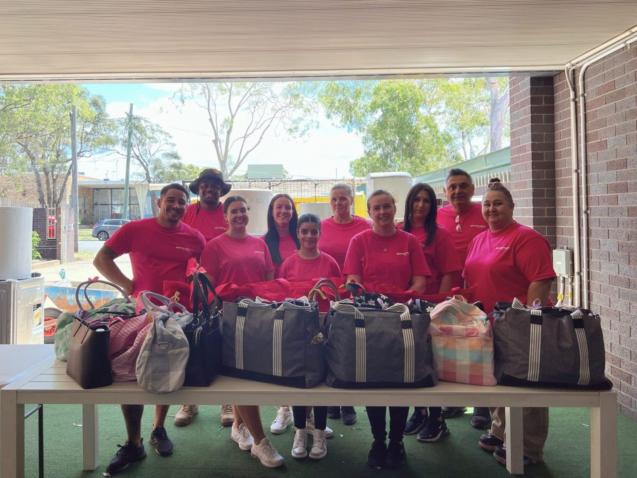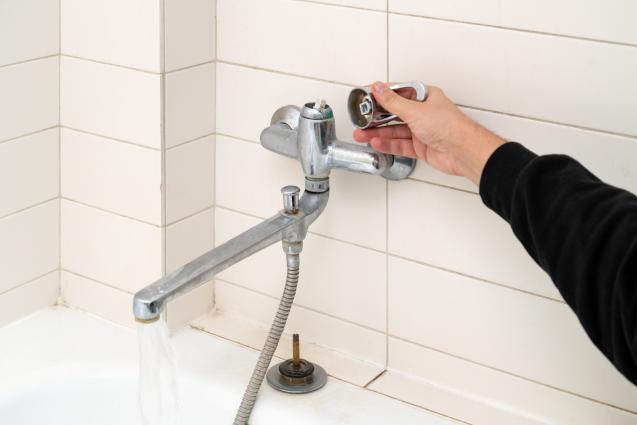
Be Water Wise: Essential Tips to Mitigate Damage During a Plumbing Emergency
Recognising Plumbing Emergencies
A plumbing emergency is characterised by any plumbing issue that if not immediately attended to, presents substantial risk to your property and its occupants. Some common signs of a plumbing emergency include sudden water shutoff, drastic water pressure decrease, or unmanageable leaks. Typical causes include blocked pipes, burst pipes, water heater failure, or sewer backup. Recognising these signs quickly allows for rapid response, minimising further complications and escalating costs.
Immediate Steps to Take During a Plumbing Emergency
The first instinct during a crisis may be panic, but it's essential to remain calm during a plumbing emergency. The swift action of turning off the water source can immediately mitigate further damage. Knowledge in the use of basic plumbing tools such as a plunger can be crucial in these initial moments. Having an emergency leakage repair kit on stand-by can also prove beneficial as a short-term solution.
Essential Communication During a Plumbing Crisis
In the event of a plumbing emergency, one must not hesitate - call for an emergency plumber quickly! It's pertinent to communicate pertinent details about the issue clearly, such as the nature and location of the problem. Moreover, coordinating with everyone in the premises, whether it's family members or colleagues, is crucial to avoid harm and manage the situation. Additionally, communication should also extend to your insurance company to understand your coverage and process claims if necessary.
Preventive Measures to Avoid Future Plumbing Emergencies
Consistent plumbing maintenance is a proactive step to prevent future emergencies. Understanding the basics of your plumbing system facilitates detection of minor issues before they escalate. Maintenance such as checking for leaks, pipe insulation, and cleaning drains regularly goes a long way in keeping your plumbing system optimal. Regular checks by professional plumbers also help identify potential risks, providing peace of mind about your system's health.
How to Minimise Damage After a Plumbing Emergency
After the initial crisis management, certain measures can reduce residual damages. Immediate cleaning of the water damage helps prevent mould growth, while drying the affected areas with fans or dehumidifiers can reduce potential structural damage. Professionals specialising in cleaning and restoration should ideally be contacted to ensure thorough recovery. Furthermore, documenting the damage for insurance claims becomes important in these circumstances, ensuring you hold a comprehensive record of all damaged items.
Conclusion
Being water-wise during a plumbing emergency could be the difference between minor fix-ups and major engulfing damage that can compromise a building's structure. From recognising potential emergencies, remaining composed during one, communicating effectively, practising preventive measures, and making wise decisions post occurrence, these are all critical components of damage control and mitigation. Remember, preparedness and swift action go hand in hand in managing these unpleasant situations. Sharing this knowledge can also aid others in navigating through such situations, ensuring that our homes and workplaces remain safe and dry!



